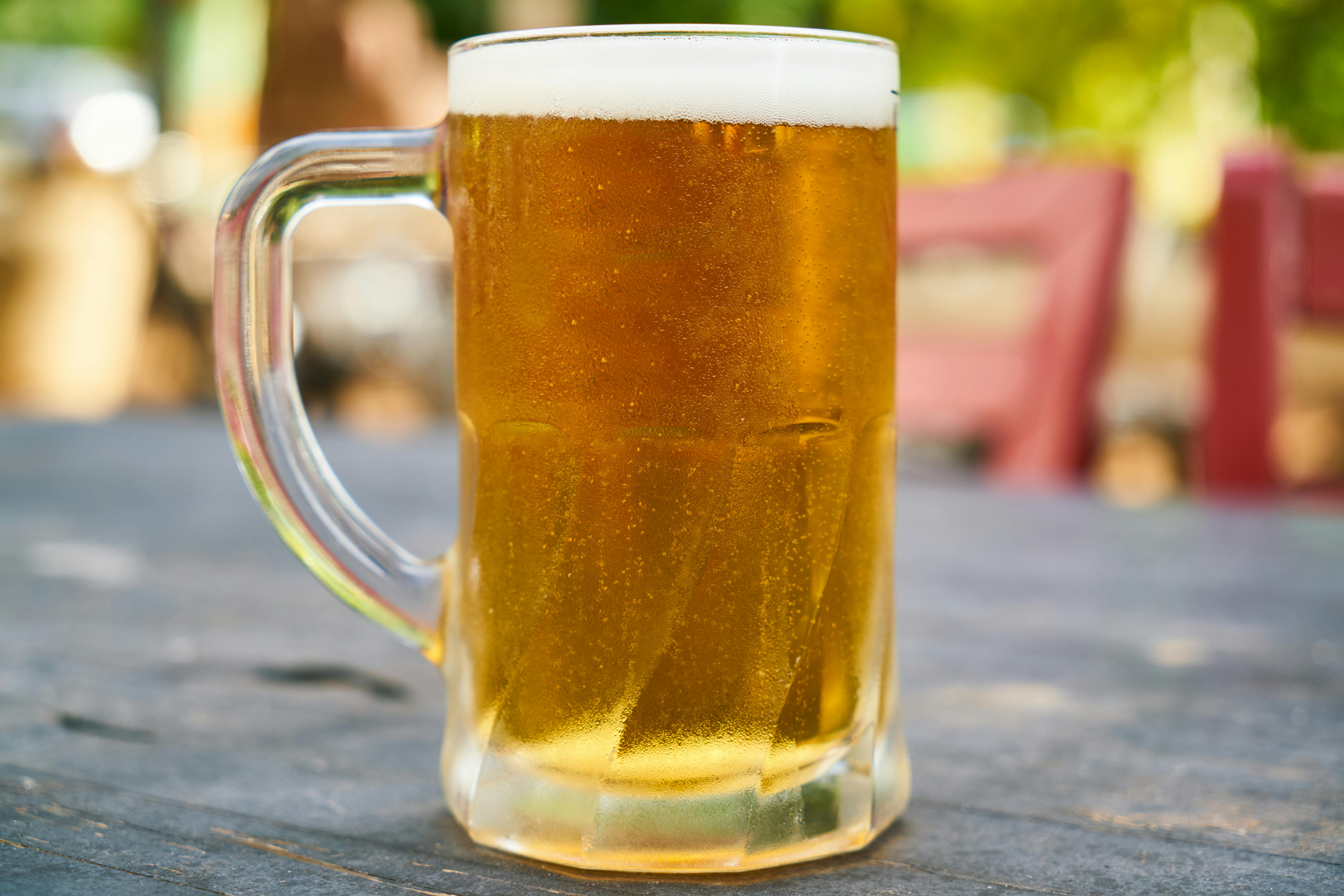
How Alcohol Impacts Your Digestive System
Alcohol touches every link in the digestive chain. It starts in the stomach, prompting extra acid production and inflaming the lining, which can lead to gastritis and pain. In the small intestine, alcohol hurries food along so quickly that nutrients and water aren’t properly absorbed, causing diarrhea and leaving you dehydrated. Over time, drinking can even hamper the liver’s ability to produce digestive enzymes and upset the balance of healthy gut bacteria we rely on for immunity and regularity.
Once absorbed into the bloodstream, alcohol heads straight to the liver. Your liver works overtime to process alcohol, producing toxic byproducts like acetaldehyde along the way. These compounds can damage liver cells and, when consumed in excess, contribute to fatty liver disease and inflammation that interferes with digestion.
The Risks of Heavy Drinking on Gut Health
- Diarrhea and Dehydration: Alcohol accelerates digestion, preventing proper water absorption and leaving you dehydrated.
- Inflammation: Drinking irritates the gut lining, causing inflammation that can lead to discomfort and long-term damage.
- Leaky Gut Syndrome: Chronic drinking may weaken the gut lining, allowing toxins and bacteria to enter the bloodstream.
- Microbiome Disruption: Alcohol alters the balance of gut bacteria, which can lead to bloating, gas, and weakened immunity.
- Gastritis: Regular alcohol consumption can inflame the stomach lining, causing pain, nausea, and indigestion.
- Nutrient Deficiency: Because alcohol reduces nutrient absorption, frequent drinking may leave you low on vitamins like B12 and essential minerals.
While occasional drinking may not cause lasting harm, heavy or frequent alcohol use can significantly impact your digestive health.
Alcohol's Journey From Mouth to Liver
When you take a sip, a small amount of alcohol begins breaking down in your mouth, but most of it heads to your stomach. About 20% is absorbed right there, irritating the stomach lining. The rest travels to your small intestine, where absorption happens rapidly. Within minutes, alcohol is circulating through your bloodstream and making its way to your liver for processing.
Your liver can only metabolize a limited amount of alcohol at a time. Anything beyond that circulates throughout the body, affecting not just your brain but also your pancreas and the lining of your gut. This ongoing exposure is what sets the stage for digestive discomfort and, in severe cases, long-term damage.
How to Minimize Alcohol’s Impact on Digestion
- Stay Hydrated: Drink a glass of water between alcoholic beverages to combat dehydration and support digestion.
- Eat Before You Drink: Having a meal before drinking can protect your stomach lining and slow alcohol absorption.
- Choose Wisely: Opt for low-sugar and low-alcohol beverages to reduce the strain on your digestive system.
- Moderate Your Intake: Stick to recommended guidelines for alcohol consumption to avoid overloading your system.
- Take Probiotics: Support your gut microbiome with probiotic-rich foods like yogurt or supplements.
These strategies can help you enjoy alcohol responsibly while keeping your gut health in check.
What Counts as Moderate Drinking?
Health experts generally define moderate drinking as up to one drink per day for women and up to two for men. A drink is roughly 12 ounces of beer, 5 ounces of wine, or 1.5 ounces of spirits. Knowing these limits can make it easier to pace yourself and avoid unwanted digestive troubles.
Spacing out your drinks and choosing alcohol with lower proof can reduce strain on your digestive organs. Pair drinks with water and snacks to slow absorption and help your liver keep up with the workload.
When to Be Concerned
Persistent diarrhea, stomach cramps, or unexpected weight loss after drinking might signal more than a passing hangover. Ongoing symptoms can point to gastritis, irritable bowel syndrome, or even alcohol-related liver problems. If you ever notice blood in your stool or feel severe pain, reach out to a healthcare professional promptly for personalized advice.
Recovery Tips After a Night Out
- Sip water or an electrolyte drink before bed to replace lost fluids.
- Eat a light meal rich in carbohydrates and lean protein to support liver recovery.
- Rest well, as quality sleep helps your gut lining repair.
- Consider a probiotic supplement the next day to rebalance your microbiome.
Giving your body time to recover after drinking is key to preventing ongoing digestive issues.
The Bottom Line
Alcohol can be a fun part of social life, but your gut pays the price when you overdo it. Moderation, hydration, and listening to your body are the keys to keeping your digestive system happy. Sip mindfully, know your limits, and give yourself plenty of time to recover so you can enjoy good times without unwanted bathroom visits.
A Deeper Look at Alcohol Digestive System Toll
Here we dive further into how alcohol digestive system toll interacts with digestion. Over time, repeated exposure can influence gut bacteria, nutrient absorption, and overall comfort.
Long-Term Strategies
- Maintain a consistent eating schedule to support digestion.
- Monitor how your body reacts to specific foods or habits related to this topic.
- Introduce more whole foods and reduce heavily processed options.
- Prioritize regular physical activity to keep your gut moving.
- Seek professional guidance if symptoms persist or worsen.
Applying these long-term strategies can help safeguard your digestive health and keep issues related to this topic under control.
Key Takeaways
- Keep a food and symptom diary to identify patterns.
- Stay hydrated and aim for a balanced, fiber-rich diet.
- Consult a healthcare professional for persistent issues.
References for the Curious Minds
- Bode, C., & Bode, J.C. (2003). Alcohol's Role in Gastrointestinal Tract Disorders. Alcohol Research & Health, 27(1), 51–55.
- Llopis, M., et al. (2016). Microbiome and Chronic Alcohol Consumption. Current Opinion in Gastroenterology, 32(3), 179–186.
- National Institute on Alcohol Abuse and Alcoholism. (2021). Drinking Levels Defined.
- World Health Organization. (2018). Global Status Report on Alcohol and Health.
- Molina, P. E., et al. (2010). Alcohol and the Gastrointestinal Tract. Alcohol Research & Health, 33(1-2), 54–63.
- National Institutes of Health. Digestive Health Topics.
- Doe, J. (2024). Advances in Digestive Wellness. Digestive Science Journal, 10(2), 50-60.
- World Health Organization. (2023). Nutrition and Gut Health Overview.


